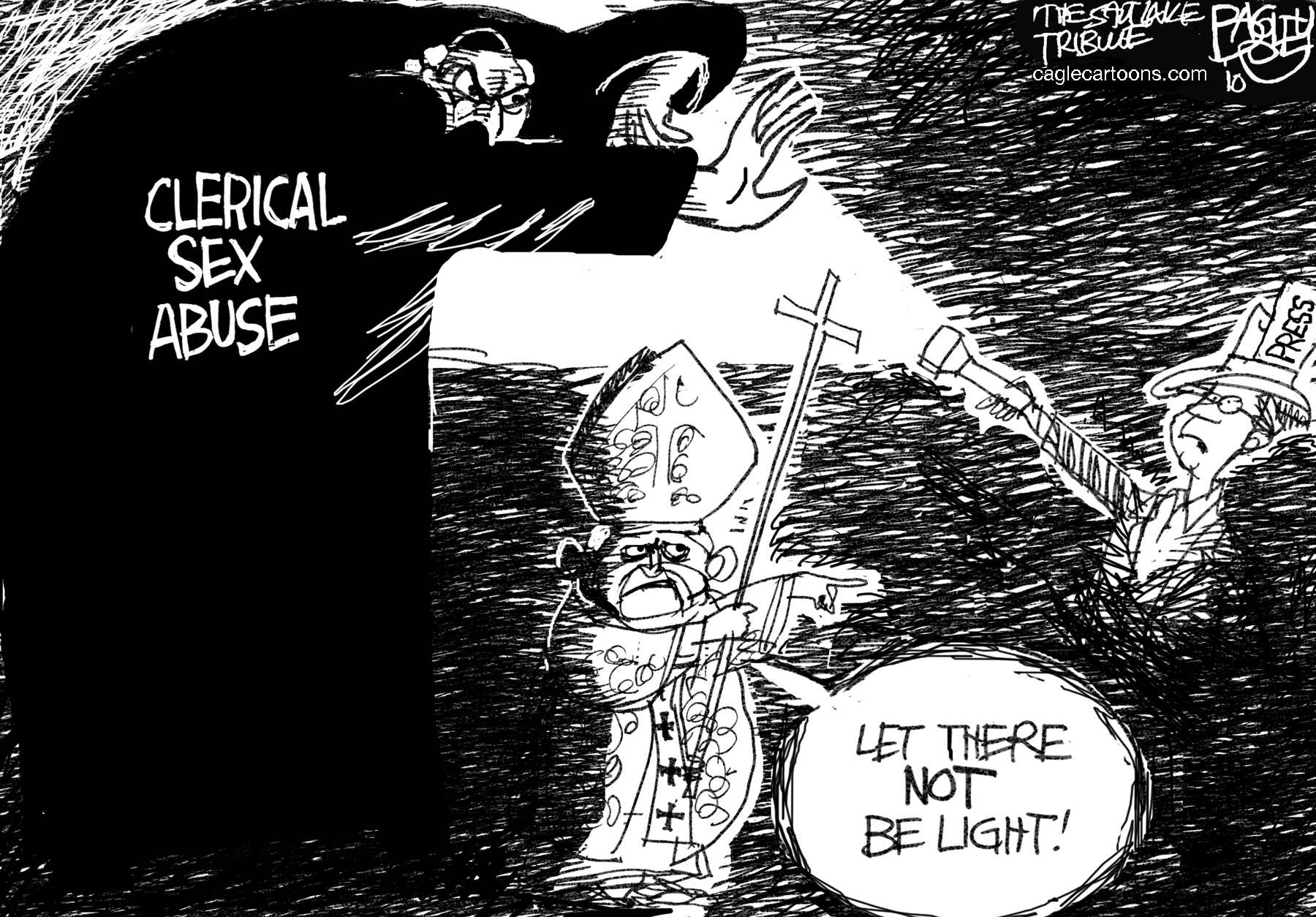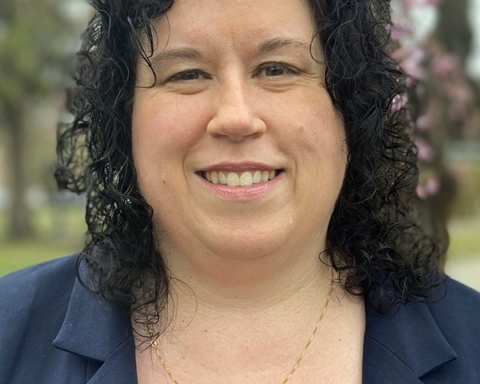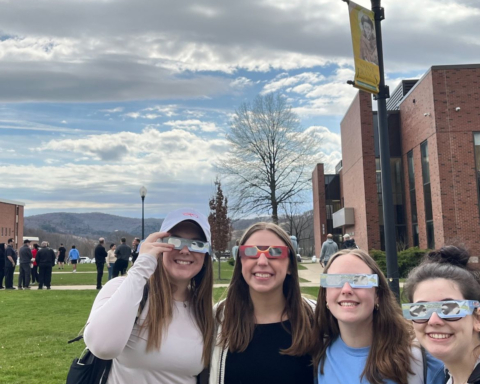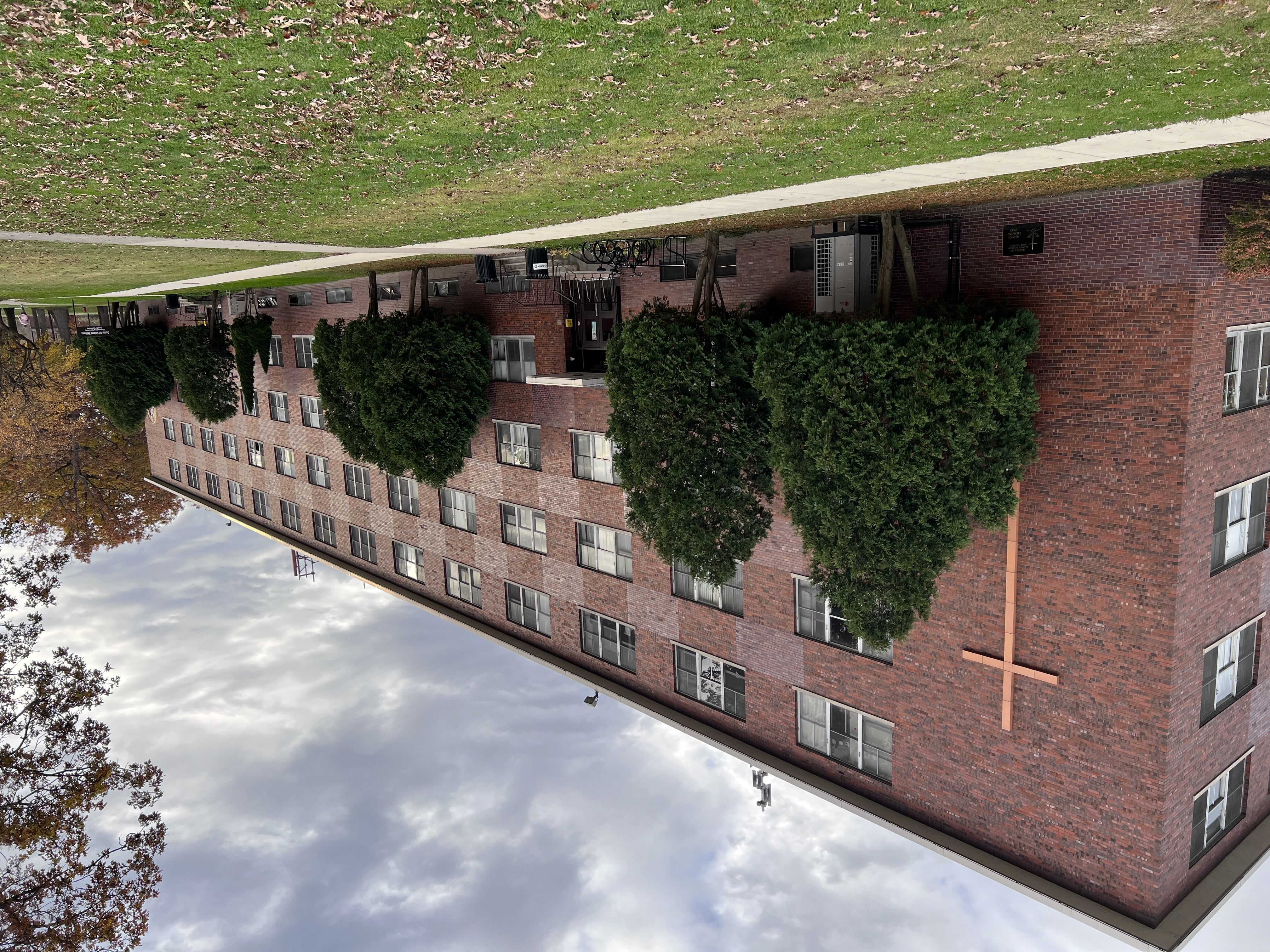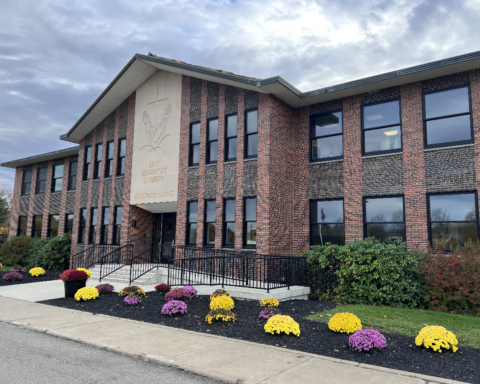Session held on campus to discuss issue
This past Monday, University Ministries hosted a special listening session regarding the sex abuse crisis in the Catholic Church. Set up by University President Dr. Dennis DePerro, Student Affairs, the friars and University Ministries, the session was prompted by the Pennsylvania grand jury report and the credible allegations against former Cardinal Theodore McCarrick.
The session was meant as a means for the community to express themselves in response to the crisis facing the Church. Among the 67 attendees were students, faculty, staff and religious Franciscan friars and sisters; each with their own story.
The session began with prayer, as well as a few words from DePerro. After some brief introductions, the floor opened for discussion. Several people shared their experiences and their thoughts on the abuse crisis. Everybody was free to share their thoughts on the crisis, as well as on what should be done to address the problem.
One of the issues that prompted the session was the responsibility and culpability of bishops. Since the 2002 Dallas charter, regulations and policies have been put in place to protect minors from abusive priests.
However, the policies set forth by the charter do not consider the actions of bishops or cardinals. Therefore, there is not a system in place designed to deal with allegations against bishops such as McCarrick, who engaged in abuse himself.
The sex abuse crisis has been a stain on the Catholic Church since the1980’s. Only recently, through the investigative process, have people felt that they are being heard. However, that is often not enough for the victims of abuse. The statute of limitations is such that many guilty men will not face criminal charges because the crime occurred many years ago. Even McCarrick, who had made sexual advances towards seminarians, walked free and continued to be a prominent face of the Church until he was removed from public ministry in June.
According to Elizabeth Bruenig at the Washington Post, McCarrick “forced the seminarians and young priests to choose between their vocations and their safety.” Adults, too, have been abused. Mentioned during the session, seminaries are sometimes home to this kind of behavior, where one’s sexuality can be used as blackmail, as well as for perverse sexual gratification, as seen in the actions of Theodore McCarrick.
The problem of clericalism was also discussed in the wake of the session; where the laity were left out of the life of the Church in which they belonged to just as much as the clergy. Fr. Peter Schneible, O.F.M., a friar and professor of biology at Bonaventure, affirmed the need for more lay involvement in remarks after the session.
“One of the things which I think will combat abuse would be expanding lay involvement.” He further said the laity should “speak out… hopefully people in the hierarchy will listen to that,” in dealing with corruption and abuse in the Church.
However, there seem to be mixed reactions to the listening session.
One student noted that “some things probably weren’t said,” given the formal structure of the session.
Tyler Grudi, a senior journalism and theology double major, said after the session, “I hope it was helpful for somebody, but it wasn’t for me.”
There was a general sense that the session did not allow for productive discussion. Amanda Naujoks, the associate director of University Ministries, said after the session that she’d “prefer to see the anger, sorrow and even rage that this crisis justifies instead of an apathetic indifference.” Some noted further that since the scandals did not occur close to home, people are more detached from them.
People are still angered and saddened by the crisis in the Church. It seems there is a lot we as a church need to process to address the crisis properly, but there are many who are willing to lead the church to a better future.
By Luke Nolan, Staff Writer
nolanl17@bonaventure.edu

